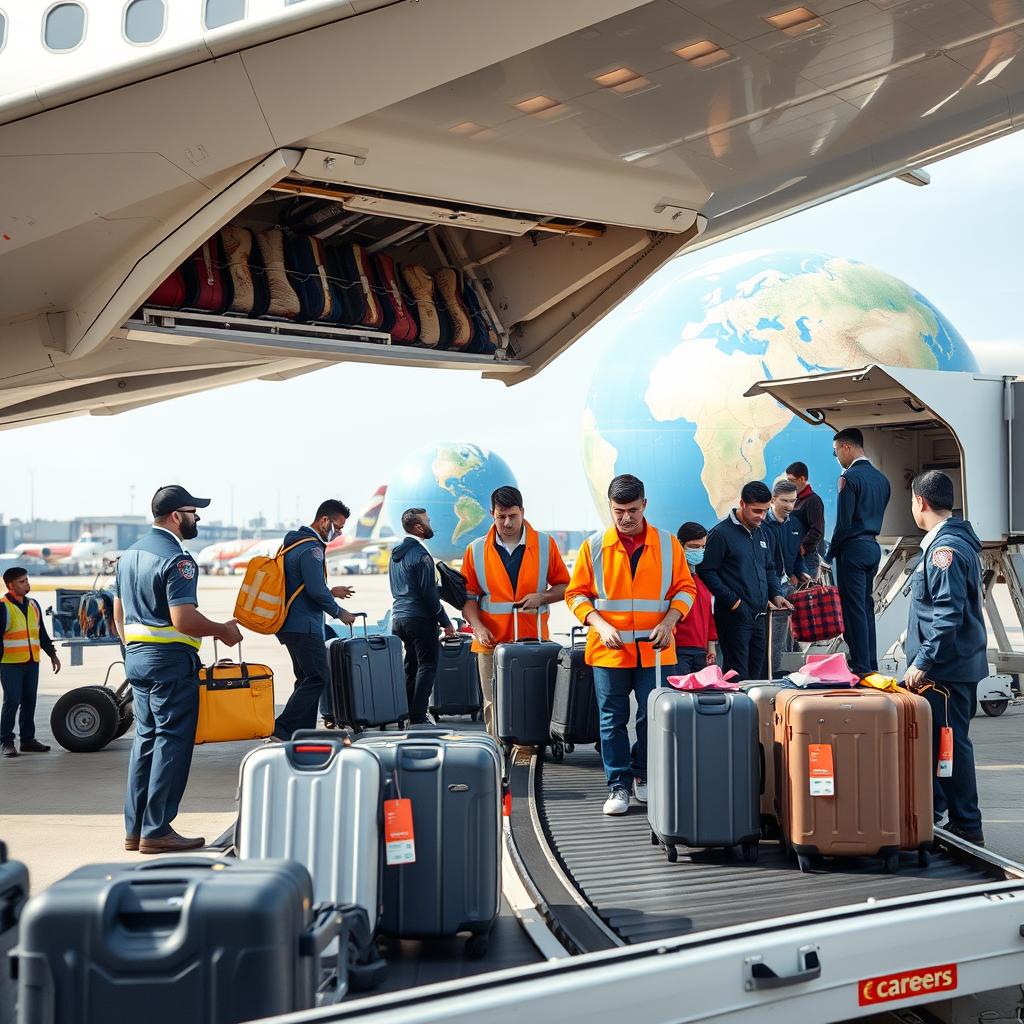Government and economic policy significantly shape how airlines price and manage baggage. Two major forces are deregulation/ancillary fee regimes and recent political interventions.
- Ancillary Fee Regimes (Deregulated Markets): In the U.S., air fares were deregulated in 1978, which allowed carriers to unbundle services. Airlines soon introduced separate checked-bag fees to generate revenue amid rising costs. Research shows the initial baggage fees (mid-2000s) were a direct response to escalating fuel prices; studies found that a $1 increase in baggage fee was on average passed through as a $0.24 decrease in base fare (trforum.org). Essentially, airlines used baggage fees to keep ticket prices low and recoup costs via ancillaries. This unregulated environment persists: U.S. carriers collectively collected $7.1 billion in baggage fees in 2023 (up from $6.8B in 2022) (reuters.com). In 2022, U.S. airlines made $6.8B from checked bags (reuters.com). These billions reflect an economic policy choice to allow airlines pricing freedom. In Europe, although markets are deregulated similarly, consumer protection rules (EU261) ensure a minimum compensation for delayed/lost bags (€1,300) (europa.eu), but do not cap fees. Thus European carriers also rely on baggage fees for ancillary revenue, though they often bundle one free bag in business class.
- Inflation and Cost Pressures: Recent global economic trends (post-pandemic inflation, labor costs, fuel) have prompted airlines to raise baggage fees. For example, in early 2024, United, American, and JetBlue all increased their checked-bag charges by roughly $5–$10 (reuters.com). U.S. carriers cited rising maintenance, labor, and fuel costs as the reason (reuters.com). JetBlue explicitly said higher wages and inflation made the hikes “one step…to return…to profitability” (reuters.com). Similarly, many airlines globally tie ancillary fees to economic conditions. When economies sag, carriers may temporarily reduce fees (e.g. airline agents note that during the COVID-19 drop-off, some waived overweight baggage fees to attract customers). Conversely, during booming travel or peak seasons, fees often rise. Thus, both domestic (labor laws, minimum wages) and international (fuel prices, tariffs on aircraft parts) economic policies indirectly affect how much airlines charge for baggage.
- Regulatory Actions and Consumer Protection: Governments can intervene in baggage pricing. The U.S. Department of Transportation has recently been pushing transparency: a 2024 USDOT rule (held up by courts) would have required upfront disclosure of all fees, including baggage, with ticket prices (reuters.com). The DOT estimated that lack of disclosure led U.S. consumers to overpay $543 million annually on fees, including higher airport bag charges (reuters.com). This reflects a policy focus on fair advertising of fees. In 2018, under industry pressure, Congress dropped a plan for “reasonable and proportional” fee limits (reuters.com), but Senate investigations (e.g. Sen. Blumenthal in 2023) have signaled ongoing political scrutiny. In practice, most governments stop short of dictating specific fee levels (especially in competitive markets).
- Notable Government Mandates: Some jurisdictions have taken bolder steps. The EU currently allows airlines full freedom to set ancillary fees under competition law. In late 2024, however, the Spanish government unilaterally banned cabin-bag fees (fines of €179M) and mandated that each passenger be allowed one free carry-on (iata.org). IATA condemned this move, arguing it undermines pricing freedom (iata.org). While still an outlier, Spain’s action shows that domestic politics (in this case, a consumer-protection drive) can force changes in baggage policies. Other examples: India’s aviation regulator has occasionally pushed airlines on compensation for baggage delays, and China’s CAAC sets liability rules similar to Montreal. Generally, fee-related policy varies: some countries tax flights heavily (raising airlines’ cost base and indirectly baggage fees), while others, like many in Asia, subsidize airport infrastructure and encourage airlines to offer more inclusive pricing.
- Airports and Handling Fees: Economic policy also affects airport-handling charges. Airports levy fixed per-passenger or per-bag fees on airlines as part of charges. National aviation policies (e.g. slot rules, environmental regulations) can raise airlines’ costs indirectly (e.g. by limiting flight schedules, forcing larger planes, more baggage per flight). In some cases, governments fund new baggage system upgrades (see next article) which may lead to higher airport fees to recoup investment.
In sum, baggage fees are a major revenue source shaped by economic policy. Deregulation allows airlines to set fees based on market forces (often linked to economic conditions), while consumer-protection and competition rules (from U.S. DOT to EU law) influence how transparent and fair those fees must be. Recent trends—such as rising wages and fuel—have pushed fees upward (reuters.com), but some governments (like Spain) have tried imposing controls (iata.org). Passengers and advocacy groups continue to pressure for more predictability and fairness, suggesting baggage economics will remain a political issue.


